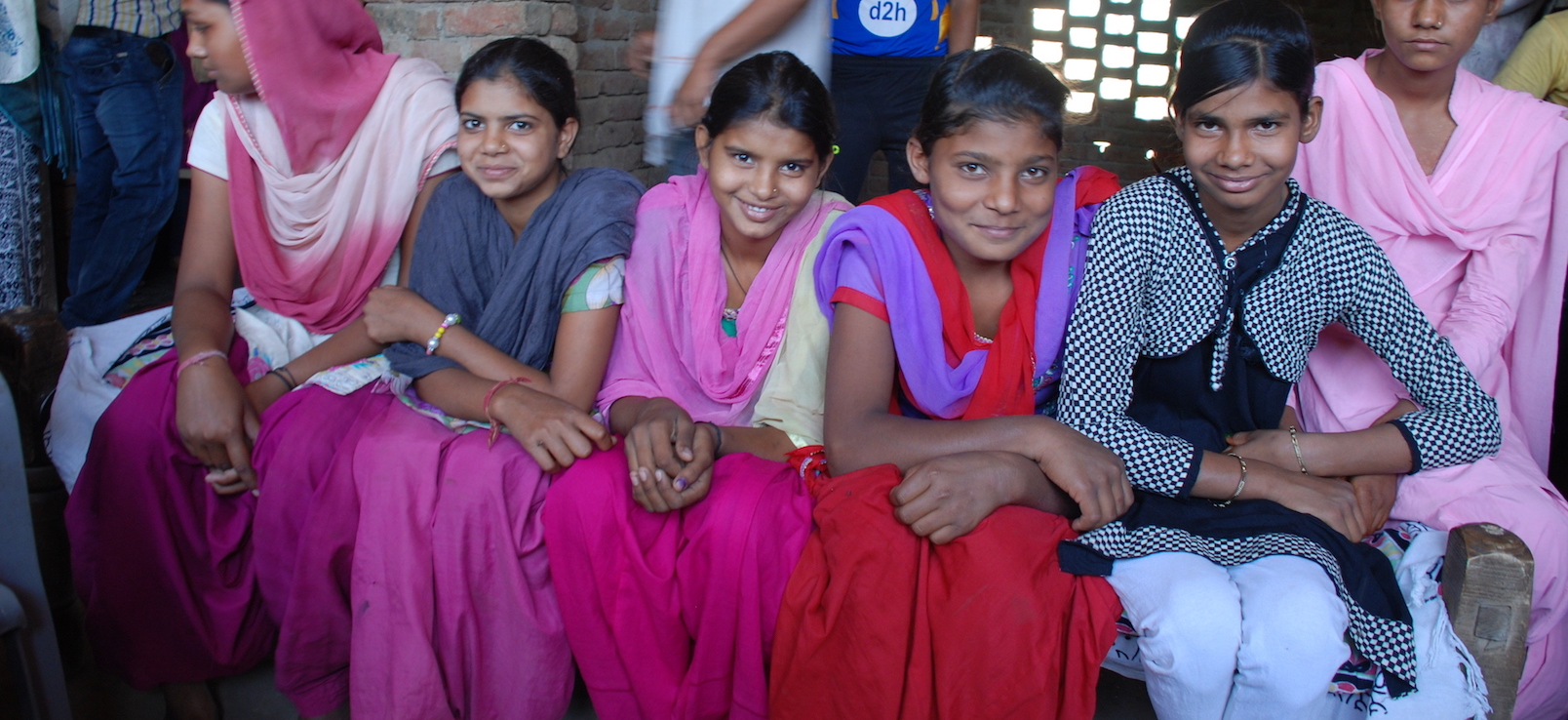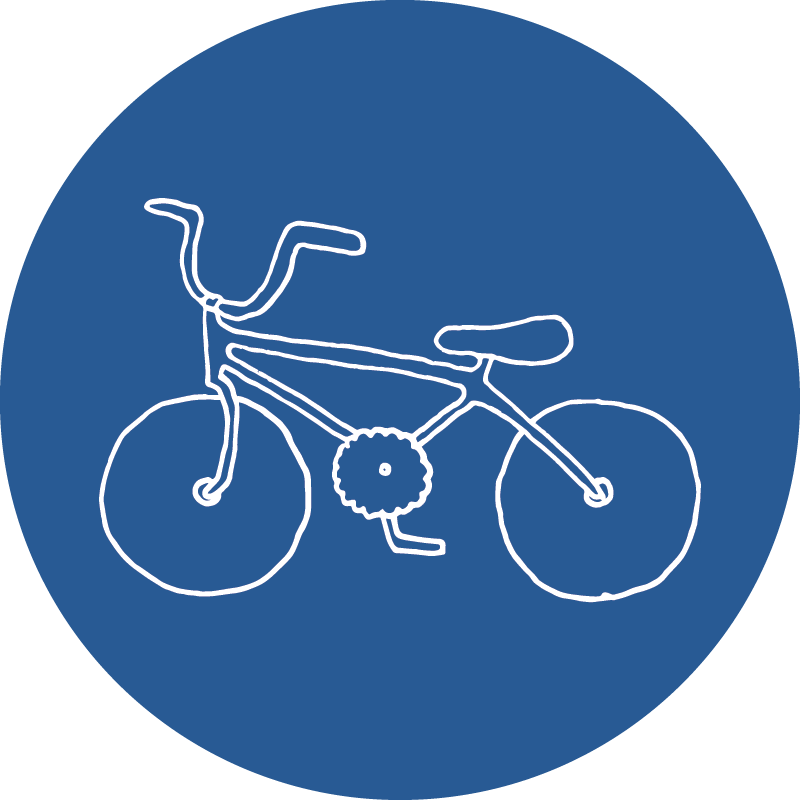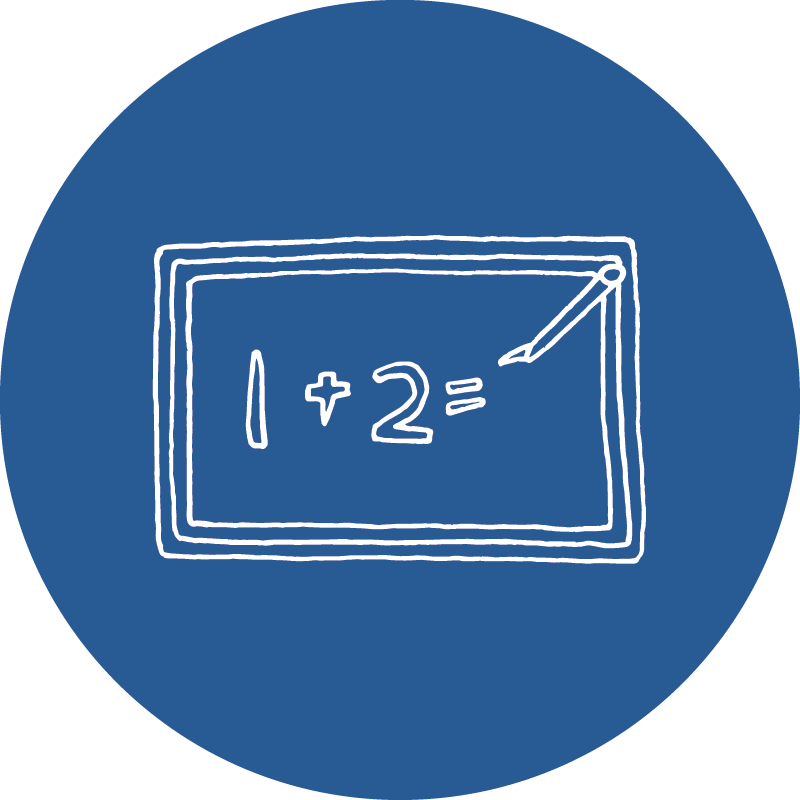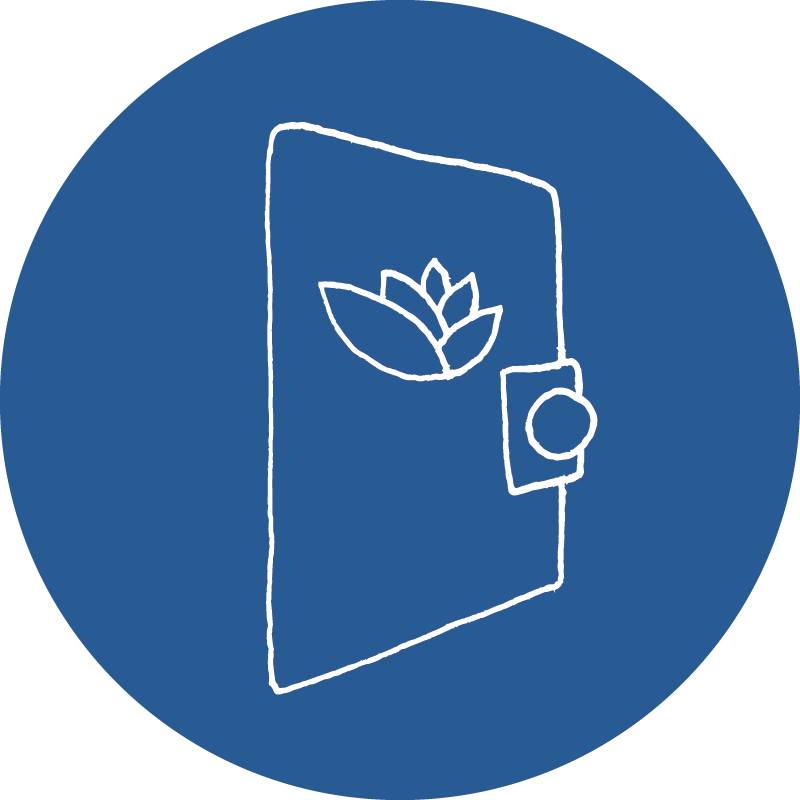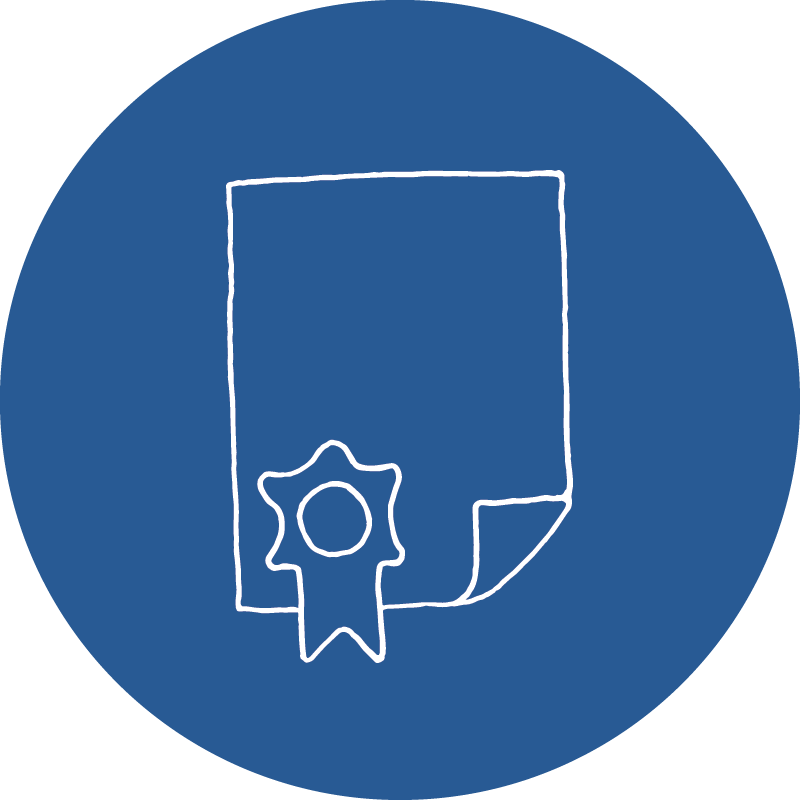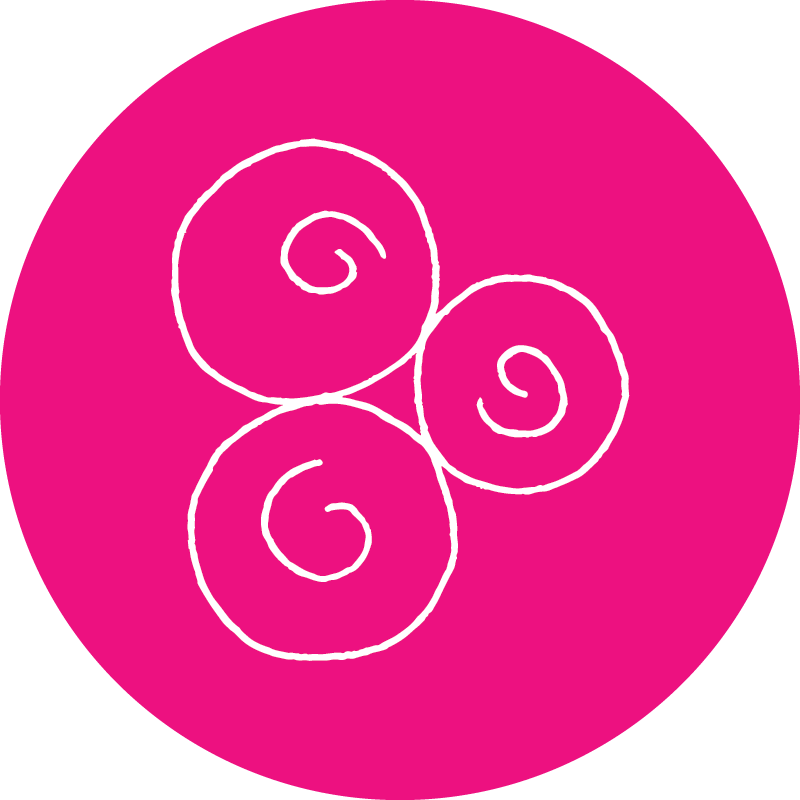Because allowing a girl to travel alone is widely believed to be unsafe, female education typically ends at the primary level, and with girls being forced into marriage at the age of 14.
Mewat, Haryana, India is largely populated by the Muslim Meo tribe whose misfortunes clash sharply with more affluent surrounding areas. With a female literacy rate of only 36%, Mewat ranks among the most regressive districts in all of India in terms of girls’ education. The scarcity of schools combined with conservative local attitudes toward female mobility has terrible consequences for an adolescent girl: if there is no school in her village, she is forced to drop out.
The immediate resource gap occurs in the form of transportation as few villages have schools. The Blossom Bus bridges the chasm between parents’ legitimate concerns for their daughters’ safety and a girl’s right to education.
The Blossom Bus provides families with vehicles chauffeured by trustworthy drivers to safely deliver their daughters to secondary school and college. In this way, the program helps delay the traditional Meo institution of childhood marriage and early childbearing. Giving these girls the chance to develop a sense of autonomy before motherhood increases their capacity for social participation and leadership.
We currently transport over 300 girls to secondary school and 48 young women to college. Until proper secondary schools and colleges become available in all villages, the Blossom Bus aims to rescue girls at this transitional stage, leading the way in establishing female education as a norm rather than an anomaly.
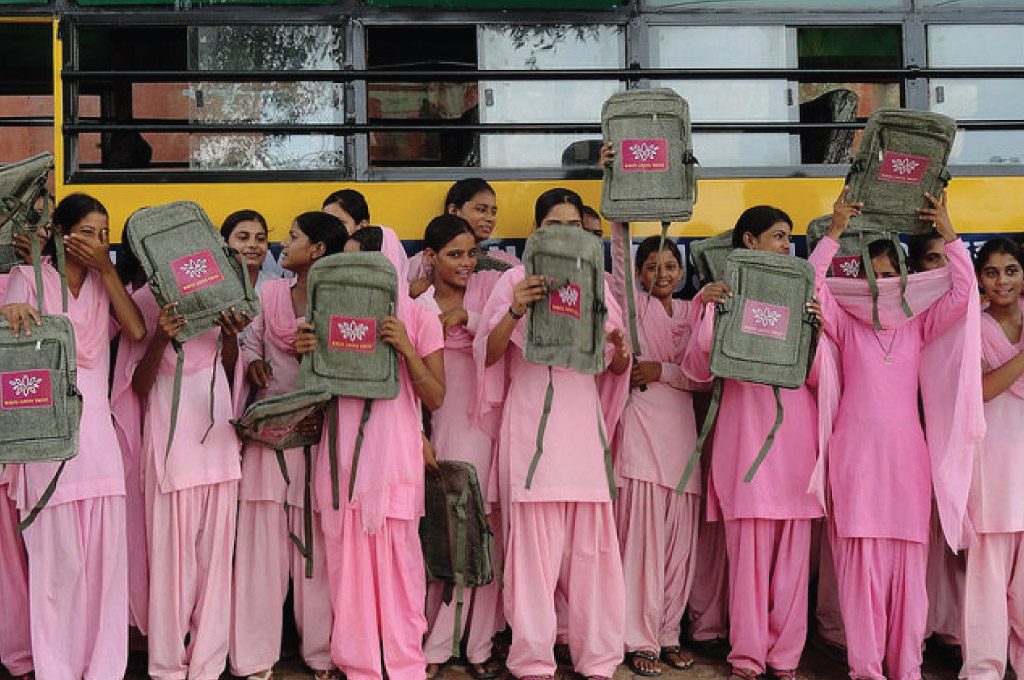
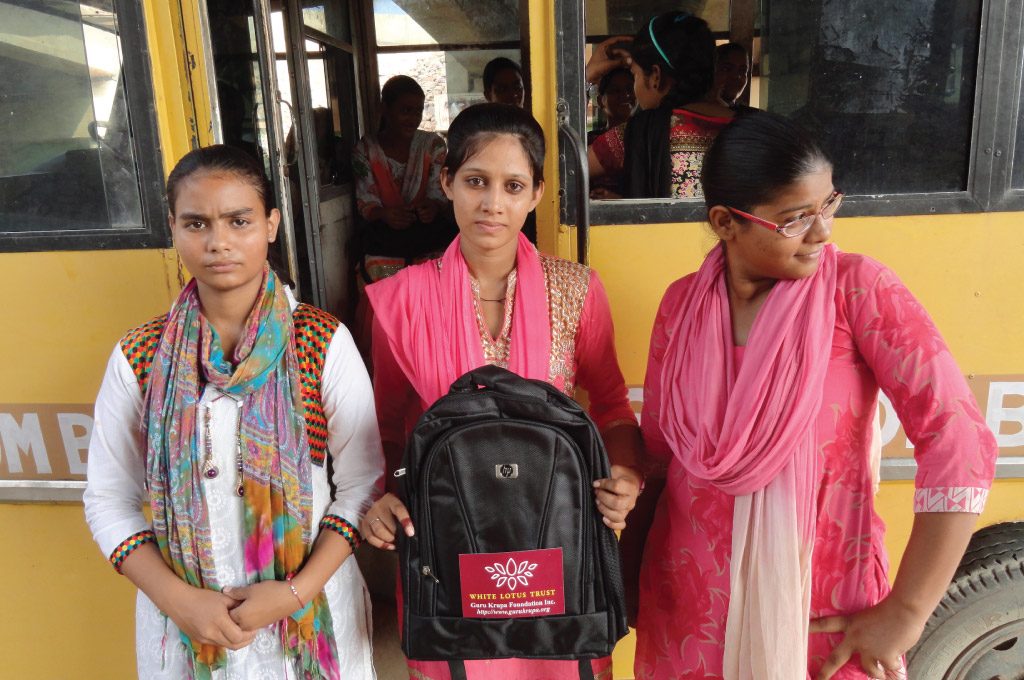
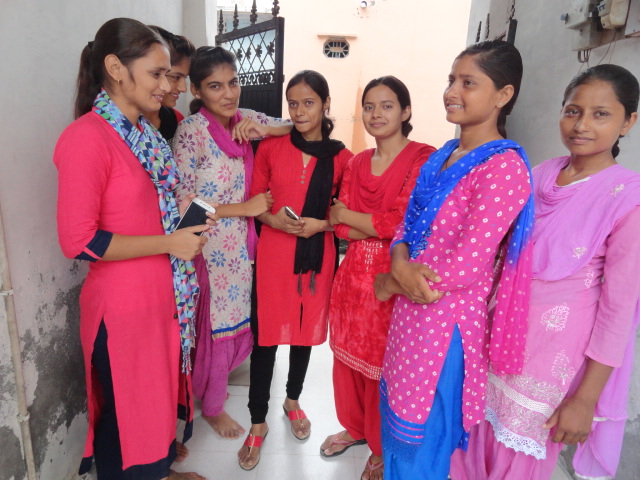
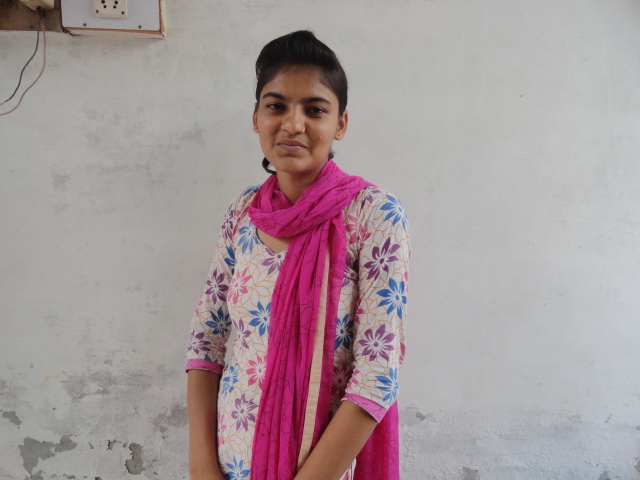
Partner: White Lotus Charitable Trust
Supported by: Impact Giving • Guru Krupa Foundation • GlobalGiving Foundation

